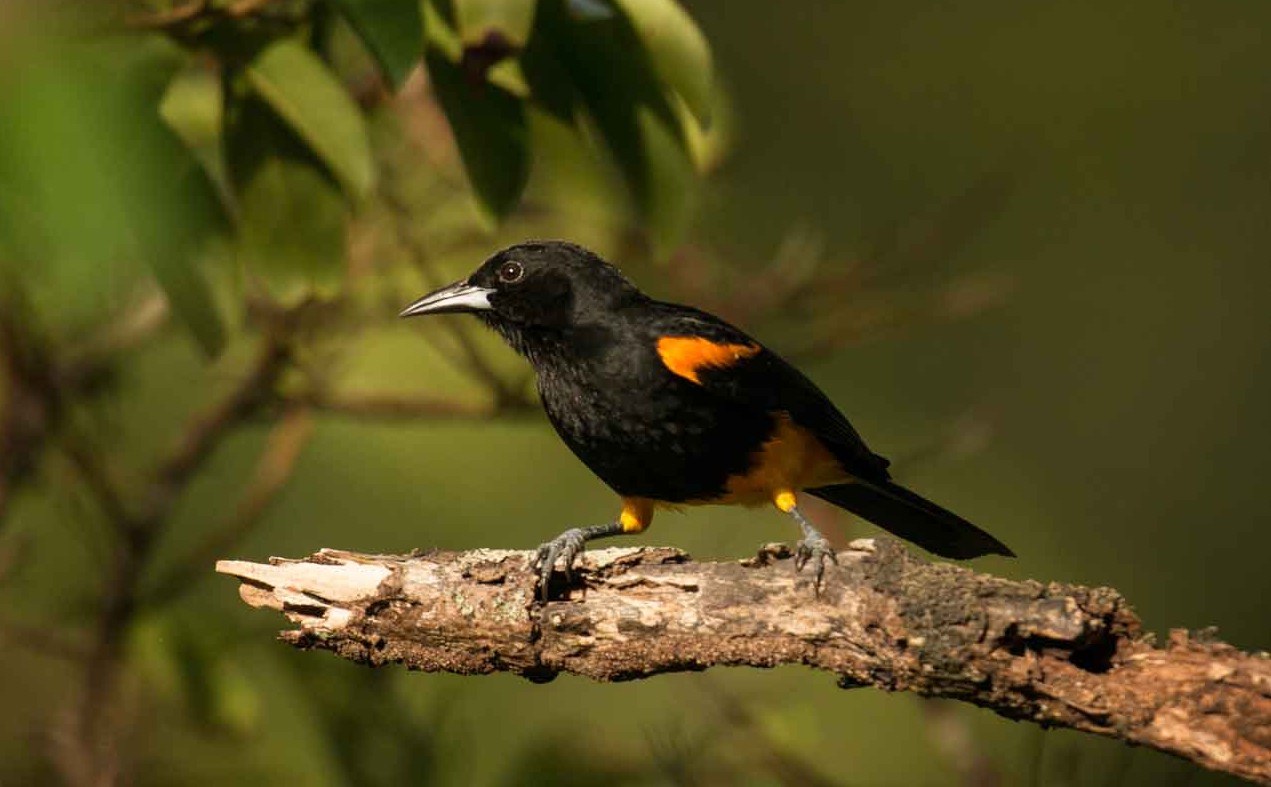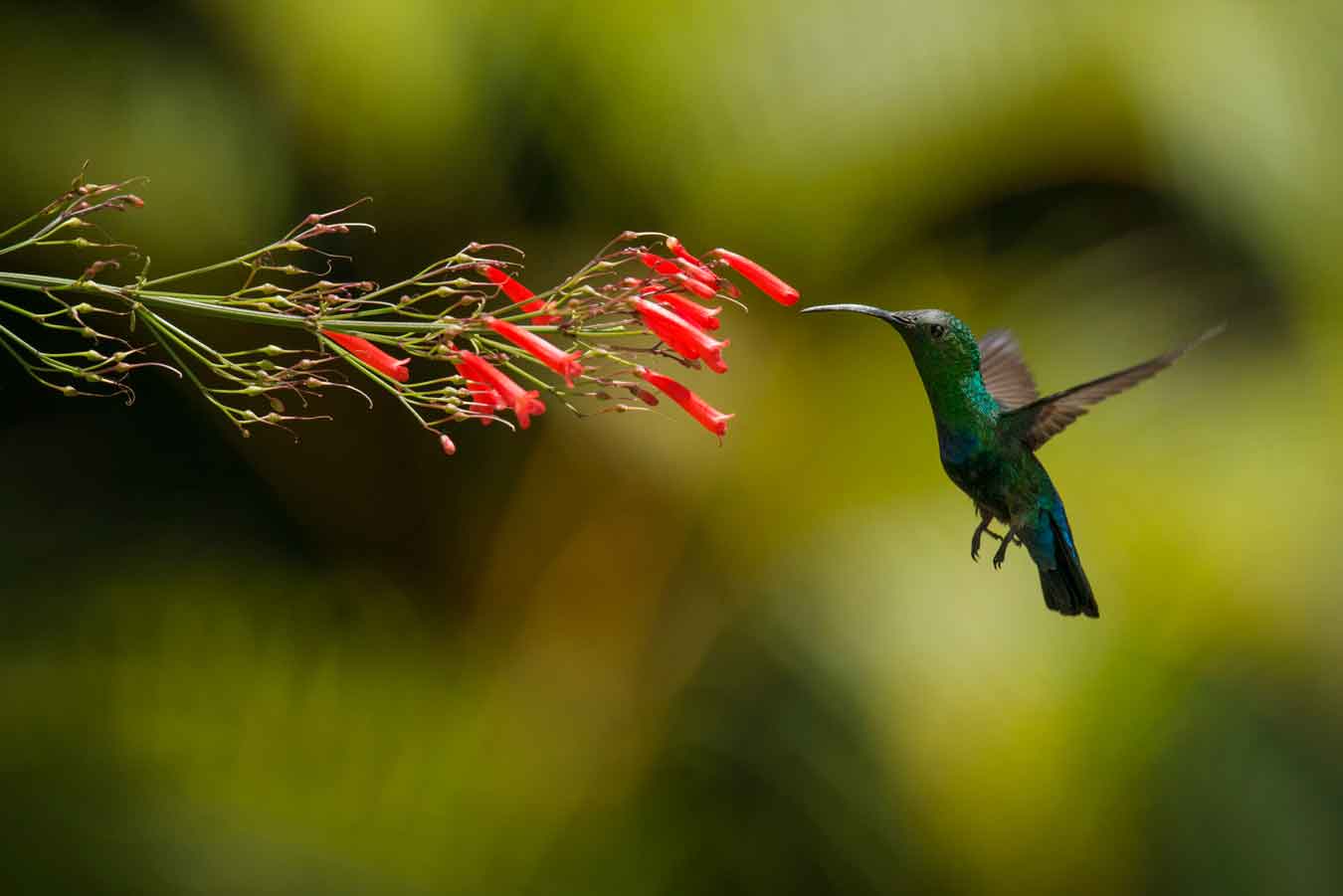Below is a comprehensive list of all the birds of Saint Lucia:
Pied-billed Grebe, Great Shearwater, Sooty Shearwater, Audubon’s Shearwater, Black-capped Petrel, White-tailed Tropicbird, Red-billed Tropicbird, Masked Booby, Brown Booby, Red-footed Booby, Brown Pelican, Anhinga, Magnificent Frigatebird, Great Blue Heron, Great Egret, Little Egret, Snowy Egret, Western Reef-Heron, Little Blue Heron, Tricolored Heron, Cattle Egret, Green Heron, Black-crowned Night-Heron, Yellow-crowned Night-Heron, Glossy Ibis, Eurasian Spoonbill, Roseate Spoonbill, American Flamingo, Fulvous Whistling-Duck, Black-bellied Whistling-Duck, Green-winged Teal, Northern Pintail, Blue-winged Teal, Northern Shoveler, Gadwall, American Wigeon, Ring-necked Duck, Lesser Scaup, Ruddy Duck, Masked Duck, Osprey, Northern Harrier, Common Black-Hawk, Broad-winged Hawk, Red-tailed Hawk, American Kestrel, Merlin, Peregrine, Sora, Purple Gallinule, Common Gallinule, American Coot, Caribbean Coot, Black-bellied Plover, American Golden Plover, Collared Plover, Semi-palmated Plover, Killdeer, American Oystercatcher, Black-necked Stilt, Greater Yellowlegs, Lesser Yellowlegs, Solitary Sandpiper, Willet, Spotted Sandpiper, Whimbrel, Hudsonian Godwit, Ruddy Turnstone, Red Knot, Sanderling, Semi-palmated Sandpiper, Western Sandpiper, Least Sandpiper, White-rumped Sandpiper, Baird’s Sandpiper, Pectoral Sandpiper, Dunlin, Stilt Sandpiper, Buff-breasted Sandpiper, Ruff, Short-billed Dowitcher, Wilson’s Snipe, Pomarine Jaeger, Parasitic Jaeger, Laughing Gull, Black headed Gull, Ring-billed Gull, American Herring Gull, Gull-billed Tern, Black-legged Kittiwake, Caspian Tern, Royal Tern, Sandwich Tern, Roseate Tern, Common Tern, Least Tern, Bridled Tern, Sooty Tern, Brown Noddy, Rock Pigeon, Scaly-naped Pigeon, White-crowned Pigeon, Eurasian Collared Dove, Zenaida Dove, Eared Dove, Common Ground-Dove, Bridled Quail-Dove, Ruddy Quail-Dove, St Lucia Parrot, Yellow-billed Cuckoo, Black-billed Cuckoo, Mangrove Cuckoo, Smooth-billed Ani, Common, Nighthawk, Rufous Nightjar, Black Swift, Short-tailed Swift, Lesser Antillean Swift, Alpine Swift, Purple-throated Carib, Green-throated Carib, Antillean Crested Hummingbird, Belted Kingfisher, Caribbean Elaenia, St Lucia Pewee, Lesser Antillean Flycatcher, Gray Kingbird, Fork-tailed Flycatcher, Caribbean Martin, Bank Swallow, Cliff Swallow, Cave Swallow, Barn Swallow, House Wren, Rufous-throated Solitaire, Spectacled Thrush, Forest Thrush, Tropical Mockingbird, White-breasted Thrasher, Scaly-breasted Thrasher, Pearly-eyed Thrasher, Gray Trembler, Yellow-throated Vireo, Red-eyed Vireo, Black-whiskered Vireo, Northern Parula, Yellow Warbler, Cape May Warbler, Yellow-rumped Warbler, St Lucia Warbler, Palm Warbler, Blackpoll Warbler, Black and White Warbler, American Redstart, Prothonotary Warbler, Ovenbird, Northern Waterthrush, Louisiana Waterthrush, Semper’s Warbler, Canada Warbler, Bananaquit, Antillean Euphonia, Scarlet Tanager, Lesser Antillean Saltator, Rose-breasted Grosbeak, Black-faced Grassquit, Lesser Antillean Bullfinch, St Lucia Black Finch, Grassland Yellow-Finch, Bobolink, Carib Grackle, Shiny Cowbird, St Lucia Oriole, Baltimore Oriole



